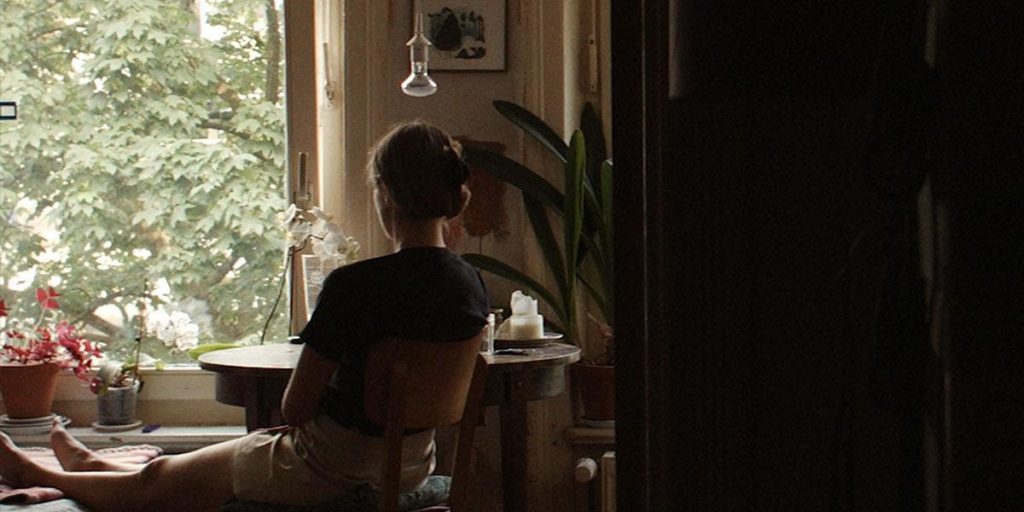A partir del jueves 8 y hasta el 22 de abril, el Goethe-Institut Buenos Aires llevará adelante el ciclo Nuevo Cine Independiente de Hamburgo, encuentro organizado en conjunto con la Sala Lugones del Complejo Teatral de Buenos Aires (CTBA).
Se trata de una propuesta online y gratuita, que consta de nueve producciones contemporáneas realizadas por directores de Hamburgo y que podrán verse a través de la plataforma Vivamos Cultura.
A su vez, el ciclo tendrá una presentación oficial, a cargo del crítico de cine y programador Roger Koza, también con acceso gratuito (solo será necesaria una inscripción previa).
La ciudad portuaria del norte de Alemania tiene una prolífica trayectoria cinematográfica. Aloja una institución pública elegida por distintos artistas para nuclearse, formarse e intercambiar conocimientos y creencias, la Escuela Superior de Bellas Artes, conocida como HFBK. En Hamburgo, el cine independiente, experimental y cooperativo se arraiga, se fortalece y cuenta con una larga tradición.
Diversos en contenido y forma, los trabajos elegidos comparten un denominador común: la observación aguda de lo ajeno, que las directoras y los directores abordan con interés radical. Cuestionan lo que se suele dar por supuesto y, sin imponer definiciones, encuentran el equilibrio entre la libertad artística y el control estético.
Más allá de la variedad de temáticas, las películas del primer programa “Olanda” de Bernd Schoch, “Ada Kaleh” de Helena Wittmann, “Primero en entrar, primero en salir” de Zacharias Zitouni y “Después de dos horas, habían pasado diez minutos” de Steffen Goldkamp comparten un profundo interés por los desplazamientos y se destacan por su cuidadosa observación de la intimidad de sus protagonistas.
Las películas del segundo programa indagan con total curiosidad lo más terrenal -o terrícola- de los vínculos y la relación con su entorno. En “El tiempo pasa como un león rugiendo” de Philipp Hartmann, “Casanovagen” de Luise Donschen, “Los búhos crecieron tan grandes como la media luna” de Maya Connors, “Cuerpos Flexibles” de Louis Fried y “La maleza satánica III” de Willy Hans las nociones del tiempo, del amor, de la familia y del trabajo son abordadas con una sensibilidad muy propia de cada director y directora.
En todos los films, los nombres y roles se entrecruzan en los distintos créditos: las realizadoras y los realizadores se conocen y se reconocen. Pareciera que todo su empeño está en mantener la producción audiovisual activa con un hondo compromiso y entendimiento de que el cine se realiza y mantiene vigente sólo de manera colectiva.


